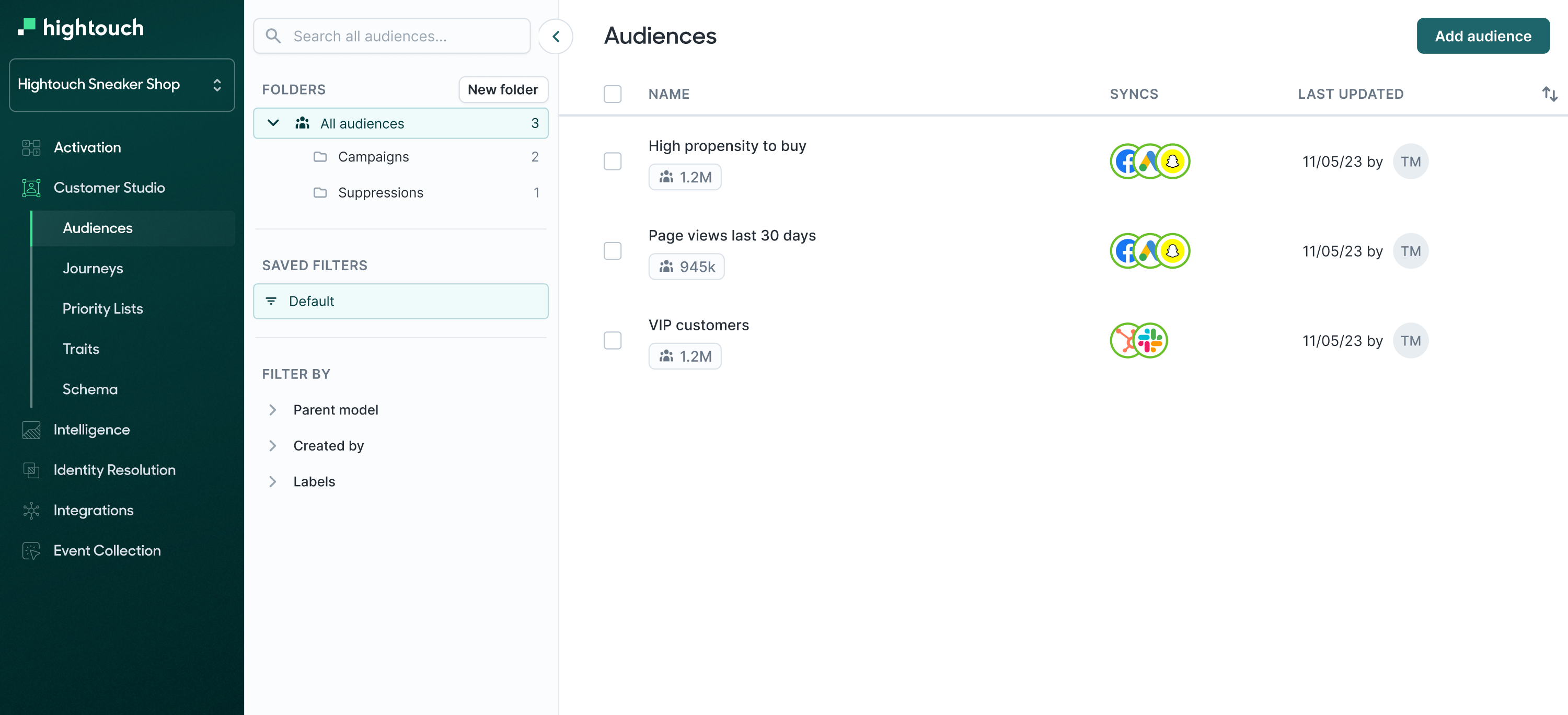SQL String Types
What are SQL String Types?
SQL provides several data types to work with strings, which are sequences of characters. These string data types allow you to store, manipulate, and retrieve textual data in a structured manner. Common SQL string data types include CHAR, VARCHAR, TEXT, and more.
When you would use it
You would use SQL string data types when you need to:
Store textual data: Store textual information such as names, descriptions, addresses, and other types of free-text data.
Define column data types: Specify the type of data that can be stored in a column when creating database tables.
Control data size: Limit the amount of text that can be stored in a column using fixed-length (
CHAR) or variable-length (VARCHAR) string types.Ensure data integrity: Enforce data integrity constraints such as length limits and character sets.
Search and manipulate text: Perform text-based operations, like searching for specific words or characters within a string.
Sort and compare: Sort and compare text data, such as arranging names in alphabetical order or comparing strings.
Syntax
SQL string data types are typically defined when creating database tables. The basic syntax for defining string data types is as follows:
column_name data_type (size);
column_name: The name of the column where the string data will be stored.data_type: The specific string data type (e.g.,CHAR,VARCHAR,TEXT) you want to use.size: The maximum length (in characters) of the string data. Thesizeparameter is optional for some data types.
Parameter values
column_name: Choose a descriptive name for the column.data_type: Select the appropriate string data type for your needs. Common SQL string data types include:CHAR(size): Fixed-length character strings.VARCHAR(size): Variable-length character strings.TEXT: Variable-length text strings.
size: Define the maximum length of the string. Thesizeparameter is optional for some data types.
Example query
Suppose you want to create a database table called "employees" with a column for employee names. You can define the name column as a variable-length string using the VARCHAR data type:
CREATE TABLE employees (
employee_id INT,
employee_name VARCHAR(50)
);
Example table response
The table "employees" will be created with a column for employee names. The "VARCHAR(50)" data type indicates that the column can store variable-length strings with a maximum length of 50 characters:
| employee_id | employee_name |
| ----------- | -------------- |
| 1 | John Doe |
| 2 | Jane Smith |
| 3 | Michael Johnson|
Use cases
- Storing textual data such as names, addresses, product descriptions, or comments.
- Defining data types for table columns to enforce data integrity.
- Controlling the maximum length of stored text.
- Searching, sorting, and comparing text data.
- Managing structured text data in databases.
SQL languages this is available for
SQL string data types are fundamental and available in virtually all SQL database systems and implementations, including but not limited to:
- MySQL
- PostgreSQL
- SQL Server
- Oracle Database
- SQLite
- IBM Db2
- MariaDB
The specific data types and their behavior may vary slightly between different database systems, so it's essential to consult the documentation for your specific database system for precise details.
